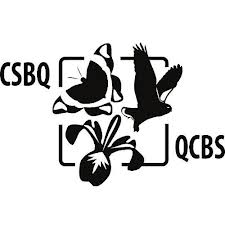Graeme Reed

Project
The role of social networks in producer cooperative in the Niayes Region of SenegalOver the last decade, producer cooperatives have emerged as one of the most prominent contributors to rural development. Policymakers, academics, and donors have heralded producer cooperatives as an essential mechanism to facilitate information exchange, improve collaboration, disseminate agricultural innovation, and improve market access among smallholders. However, despite international support, research on cooperatives has been contradictory, revealing both successes and failures, and putting into question the ability of cooperatives to equitably bring about change. Further, the majority of existing studies have ignored the dual identity of cooperatives, focusing on the economic functioning of cooperatives with only marginal attention paid to social relationships. This paper seeks to address this knowledge gap by investigating how social relations and networks influence the performance of farmers’ cooperatives, using the Niayes Region of Senegal as a case study. Drawing on quantitative and qualitative research methods, our study reveals the complexity of the social relationships that underpin agricultural cooperatives in Senegal and how these relationships can impact their overall performance and service provision to members. Our results highlight that the top-down, often forced, creation of cooperatives poorly accounts for the existing power arrangements, social structures, and socio-economic diversity present among small-scale farmers, leading to inappropriate power asymmetries and an inequitable distribution of benefits. Despite this, we demonstrate that cooperatives with high bridging capital and strong representation at the village level are better equipped to serve the interests of their members. Based on our findings, agricultural development initiatives seeking to establish or collaborate with farmer cooperatives could benefit from a priori assessments of existing social relations and networks affecting producer interactions. Such an approach has the potential to better contextualize their design, operation, and function, in order to better facilitate collective innovation and market access.

